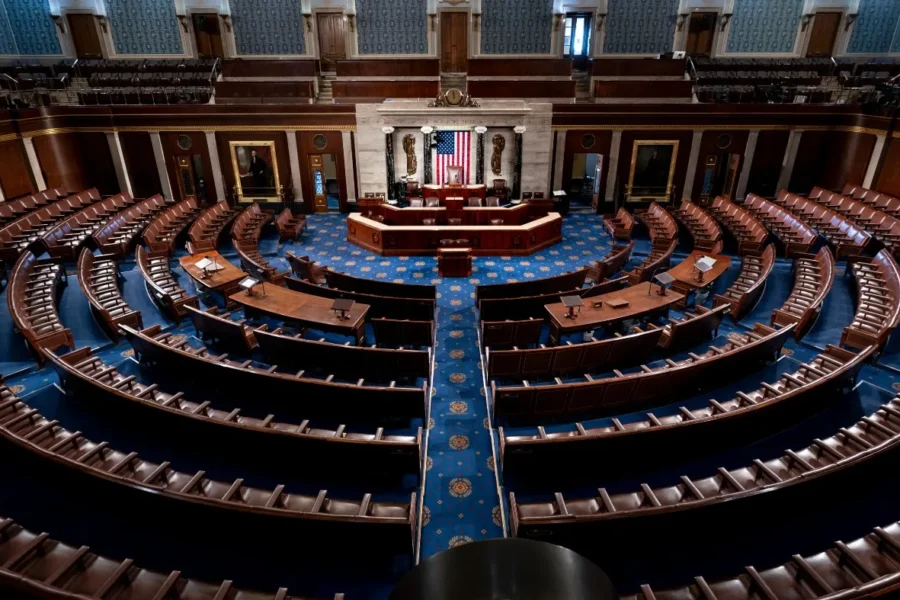On June 12, the Brazilian Chamber of Deputies received a bill seeking to increase the criminal penalty for abortion after 22 weeks of gestation. Deputy Sóstenes Cavalcante presented the proposal, which aims to amend the Penal Code to increase sanctions for pregnant women and doctors who carry out the procedure. The proposed maximum penalty is 20 years in prison, equal to the penalty for homicide.
The bill was submitted for urgent consideration, driven by Deputy Eli Borges, leader of the Evangelical Parliamentary Front. Borges justified the urgency by arguing that, according to the World Health Organization, a fetus at 22 weeks is viable and can survive outside the womb, making abortion at this stage “literally the murder of a child.”
Currently, Brazilian law allows abortion in cases of rape, danger to the mother’s life, and severe malformations, regardless of the gestational week. Outside of those cases, abortion is penalized with one to three years in prison. Cavalcante’s proposal aims to significantly increase these penalties for abortions performed after 22 weeks, generating widespread debate in both the political sphere and civil society.
Despite the Chamber of Deputies initially approving the urgency procedure, twenty civil society entities vehemently opposed it, seeking to prevent the legislative process from being expedited. In response to this, the President of the Chamber of Deputies, Arthur Lira, announced that the matter would be carefully addressed in the second half of the year. Lira assured that a “representative commission” would be formed to involve all of society in the discussion of the bill and guaranteed that already established rights would not be called into question.
UN Human Rights Office spokeswoman Elizabeth Throssell intervened in the matter. She emphasized the importance of thoroughly discussing the bill to assess its implications and its compliance with international human rights standards.
A country’s sovereignty is manifested when it defends the most vulnerable, including the unborn. The terms of the debate are set, and it remains to be seen whether Brazil’s legislators will uphold the fundamental principles of the nation.
Read the Spanish version of this article here.




